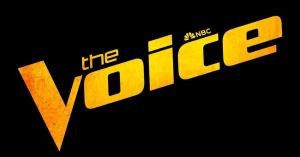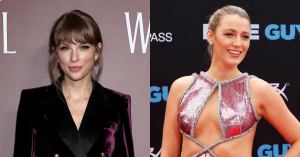When SpongeBob Square Pants debuted on Nickelodeon in 1999, no one anticipated that the animated series chronicling an underwater sponge and his friends would become the highest-rated series to air on the network’s history. For 13 seasons, viewers of all ages gathered to laugh at the antics of SpongeBob, Squidward, Patrick, and others. But not all consumers were in support of the children’s program.
A 2011 report from PRI details a study conducted by the University of Virginia that found that 4-year-old’ attention spans were “immediately impaired” when viewing SpongeBob Square Pants. The show’s demographics at the time were children ages 6-11.
Videos by PopCulture.com
Angeline Lillard, the university’s psychology professor who led the study, told NBC Washington at the time that SpongeBob wasn’t the only cartoon that she found distracting. “I wouldn’t advise watching such shows on the way to school or any time they’re expected to pay attention and learn,” she said. Nickelodeon’s then-spokesperson David Bittler disagreed with Lillard’s conclusion, pointing out that the children surveyed were not the show’s target audience.
One parent who forbade her children from watching, Jeanne Segar, a staff writer at CafeMom’s The Stir. But she said it was not a result of her reading the study. In fact, she considered the show to be completely inappropriate.
“I find it crass, I find it rude,” she said at the time. “There’s a lot of name-calling on it. The tone of voice that is used on there I really don’t want my kid picking up.” But Seager was not encouraging other parents to follow suit, noting, “I think it really comes down to watching your own kid and seeing how your own kid reacts. If you keep looking at all of these parenting studies every day a new one comes out, you’ll drive yourself crazy if you try to feed into every single one. There’s a difference between testing the actual chemistry of a child’s brain, and something a little more nebulous like their attention span – which really varies from kid to kid.”








